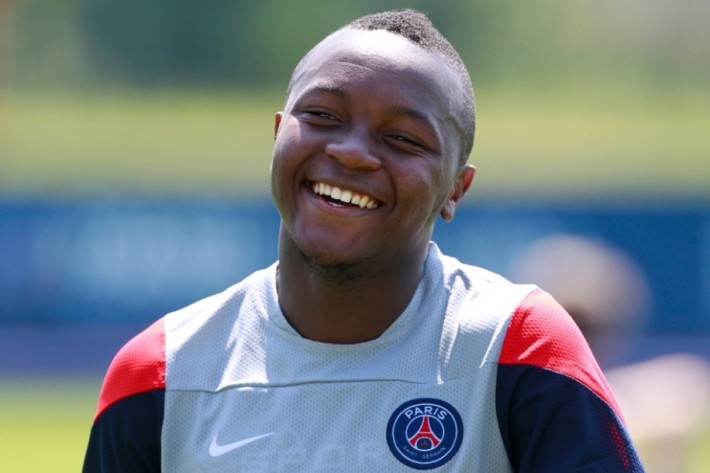Hervin Ongenda’s situation at the time highlighted the classic dilemma for young talents at big clubs like PSG: immense competition limiting their playing time, despite clear potential. Ongenda, considered a promising forward and once viewed as part of PSG’s next generation, had struggled to break through into a star-studded lineup that included the likes of Zlatan Ibrahimović and Edinson Cavani.
Claude Makelele’s interest in bringing Ongenda to Bastia made a lot of sense. As someone who had worked closely with him at PSG, Makelele likely saw his potential and felt he could thrive in a less pressurized environment where he would get regular minutes. Bastia, competing in Ligue 1 but not under the same spotlight as PSG, could have provided Ongenda the developmental platform he badly needed.
However, PSG’s hesitation to immediately greenlight the move suggests they still saw value in Ongenda and perhaps weren’t ready to part with him without assessing his attitude, ambitions, and place in the squad under Laurent Blanc. That desire to speak with him before making a decision reflects a level of caution typical in big clubs managing young assets.
With a contract running until 2017, Ongenda still had time on his side at the club. But without a loan or a clear path to first-team football, there was a real risk of stagnation—a common fate for many youth academy graduates at elite European clubs.
Ultimately, Ongenda did join Bastia on loan for the 2014–15 season, but like many young prospects, his career trajectory later took a more modest path compared to the early expectations.












